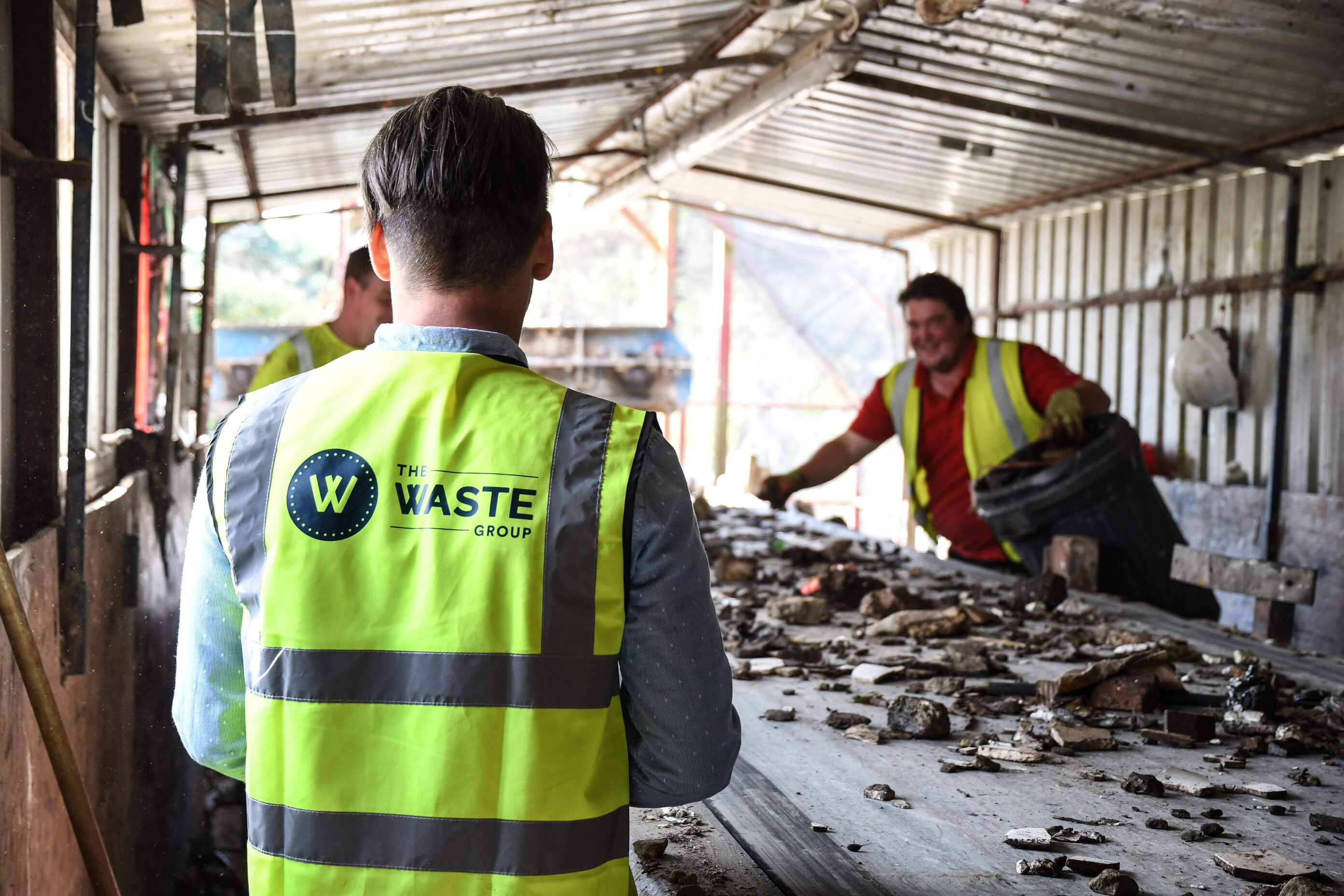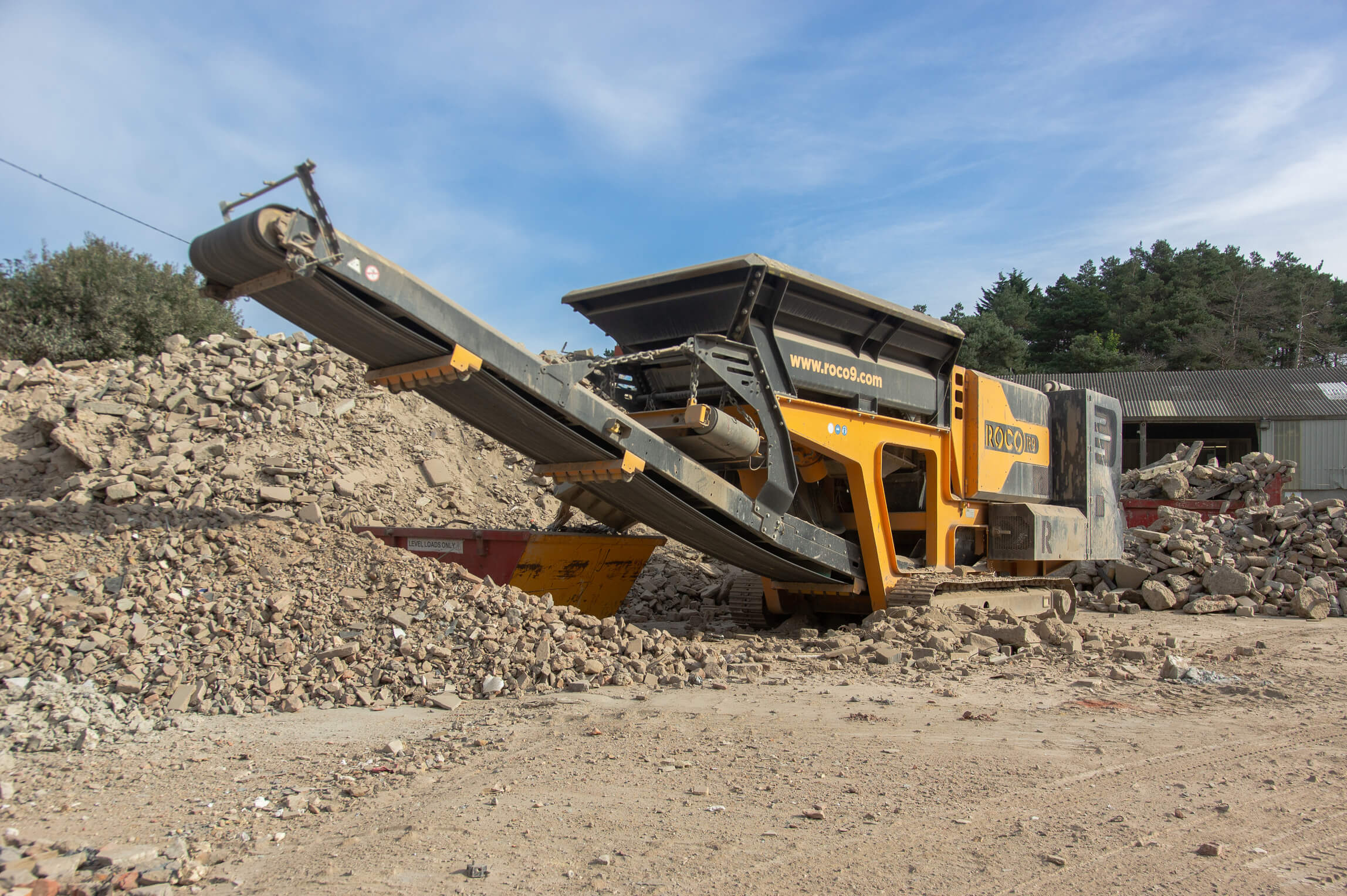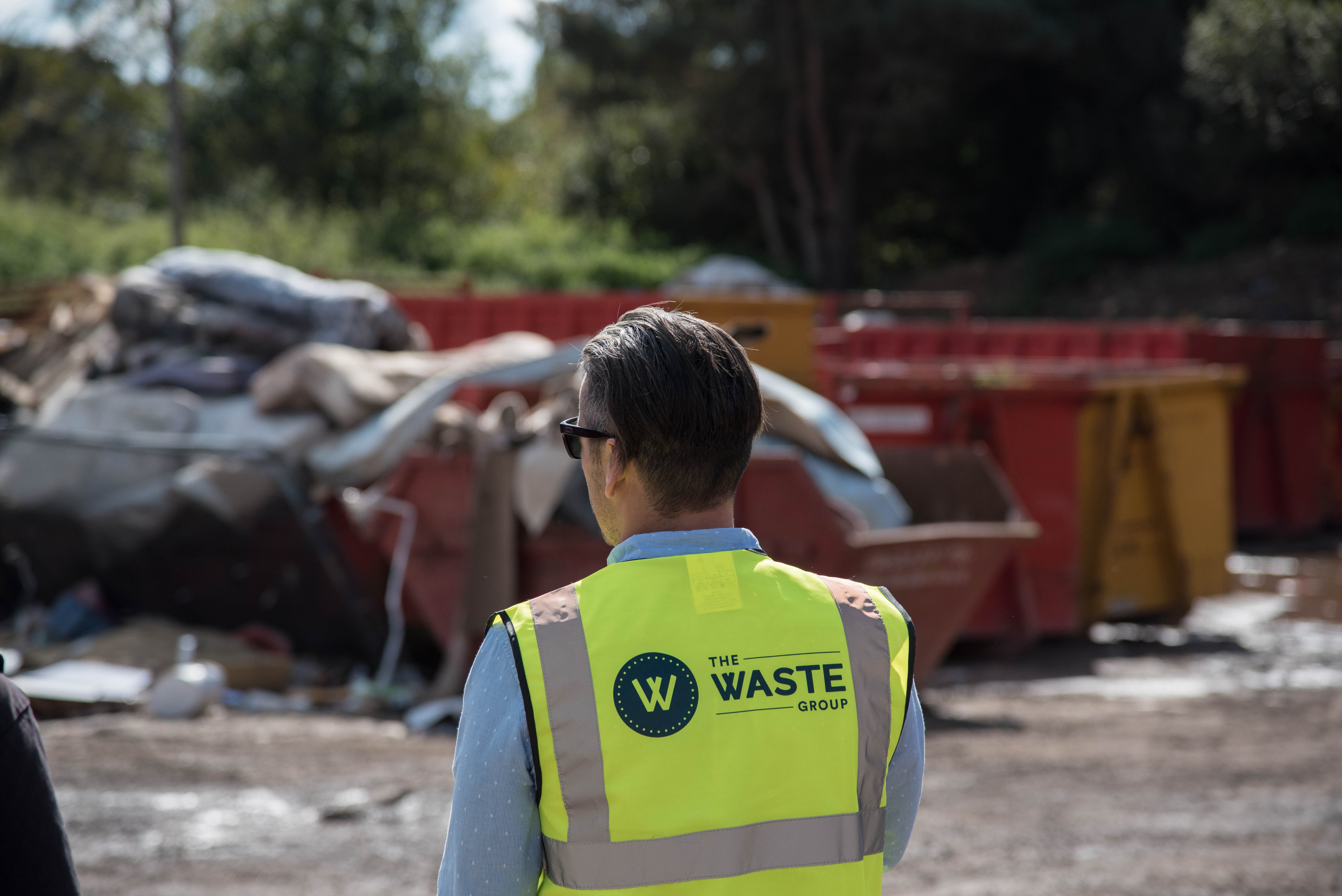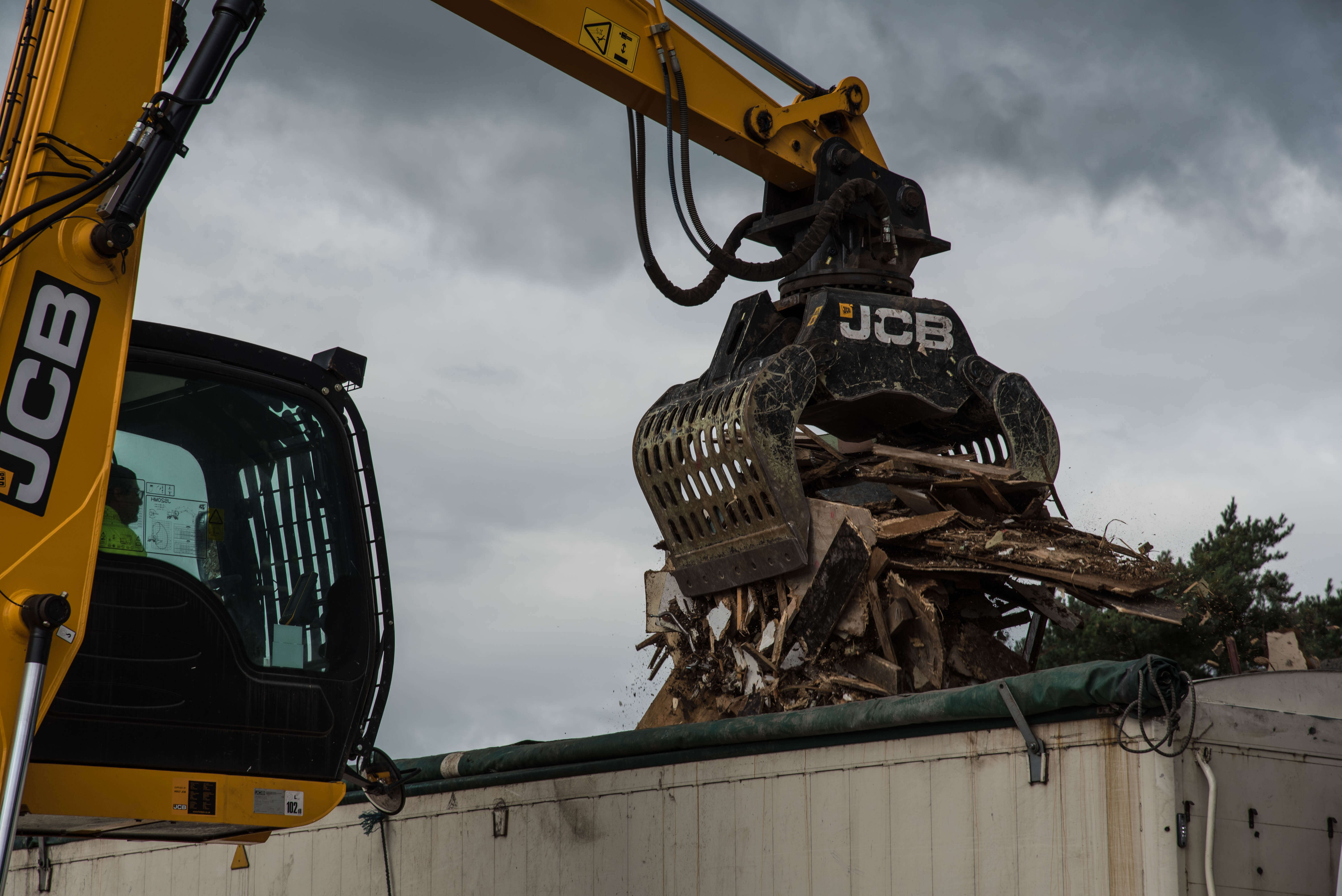Sustainable Waste Management Strategies

Waste tipping is common in the UK – but is it the most sustainable option? Are there better waste disposal methods we can use to protect our local wildlife and communities?
We’ll explain what waste tipping is and share more sustainable waste management strategies to keep more waste out of landfills and out of our environment.
What is waste tipping?
Waste tipping in the UK involves taking your rubbish to your chosen waste management site, such as a recycling centre or landfill site. From there, it’s sorted away into the correct bins to be disposed of.
Why do people tip?
Some people stick to waste tipping without realising the negative effects it can have on the environment, while others worry about the costs associated with responsible waste management services. Many people tip simply because they think it’s their only option.
That might be true in some areas (where access to alternative waste management is limited). But there are sustainable options to help reduce waste sent to landfill and protect our planet wherever you are – without breaking the bank (more on these shortly!).
Environmental impacts of tipping
Some waste simply has to be tipped. But bringing all your waste to a landfill site harms the environment, local wildlife and public health. Here’s how:
Greenhouse gas emissions and climate change
Waste gets tipped and buried in a landfill in the hope that it’ll break down over time. But in reality, most materials in landfills will take hundreds – if not thousands – of years to degrade naturally. And as it decomposes, it releases methane gas, which is absorbed into the atmosphere, accelerating climate change.
Damages ecosystems
When building these huge landfill sites, the area needs to be cleared. The result? Large-scale damage to wildlife and biodiversity. And that’s before any waste is even dumped!
When the waste has nowhere to go, it sits in the landfill, seeps through the soil, and contaminates nearby lakes and streams – potentially harming local wildlife and threatening public health.
Sustainable waste disposal alternatives
As the effects of climate change worsen, more people are looking for ways they can help make a change. The good news is, there are more sustainable waste management practices we can all adopt to do our part for the planet.
Recycling and repurposing
Look for recycling services in your area to dispose of recyclable items instead of tipping them into landfills.
And if something can’t be recycled, try repurposing your items to extend their life and value and keep them out of landfills.
Composting
Composting is an environmentally friendly way to handle kitchen and garden waste, reduce our reliance on landfill sites, and work towards a greener environment.
Think about your home – how many food scraps do you end up throwing away on a weekly basis? Probably more than you’d like to admit!
Composting things like coffee grounds, fruit and veg scraps, or garden waste will reduce the amount that ends up in landfills and contribute to a more sustainable waste management cycle.
Turning waste into renewable energy
Waste-to-energy (WTE) is a sustainable waste disposal process of taking solid waste, which is typically non-recyclable or non-compostable, and using it to generate electricity.
We won’t bore you with the ins and outs of how it works, but basically, biogas plants can convert our organic waste into a renewable source of energy. Who would have thought!
Circular economy initiatives
In an attempt to tackle landfill issues in the UK, the government have outlined targets to recycle 65% of municipal waste by 2035, with no more than 10% of that waste going to landfill. Establishing a circular economy will play a major part in reaching those goals.
The purpose of a circular economy is to promote the reuse of materials to reduce the effects of waste and carbon emissions on our environment. These include:
- The Resources and Waste Strategy (RWS): Preserving material resources by “minimising waste, promoting resource efficiency.”
- Extended Producer Responsibility (EPR): Keeping manufacturers big and small accountable for the impact their products have on the environment throughout their lifecycle.
- Designing buildings with longevity in mind and producing long-lasting products that are “made to be made again.”
- Making waste management services more accessible and providing the right infrastructure so that waste can be correctly disposed of.
With goals like these – and government initiatives in place to back them up, we’ll be well on our way to more sustainable waste management practices.
How we can help
Sustainable waste management aims to reduce waste, reuse or recycle materials, and dispose of hazardous waste safely. And The Waste Group is here to make it happen.
We’re passionate about responsible waste disposal. That’s why we play our part in protecting the environment, making sure every last piece of waste material is disposed of correctly.
We offer a range of expert waste removal services – just reach out to one of our team members to find out more about how you can remove waste and recycle more sustainably.



